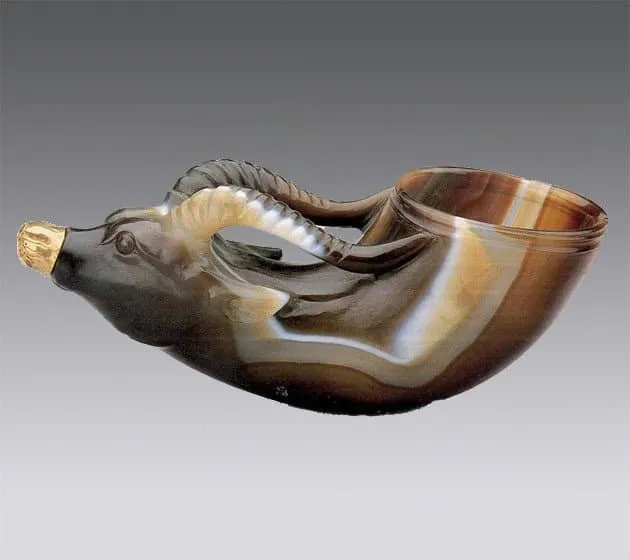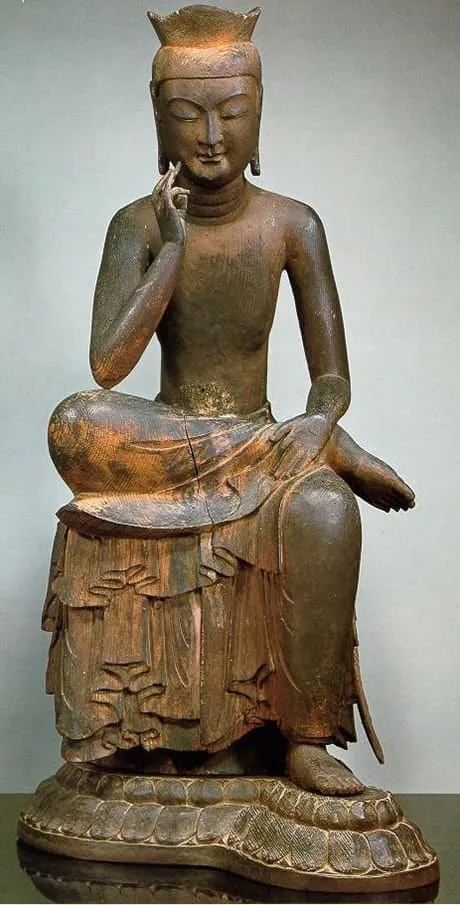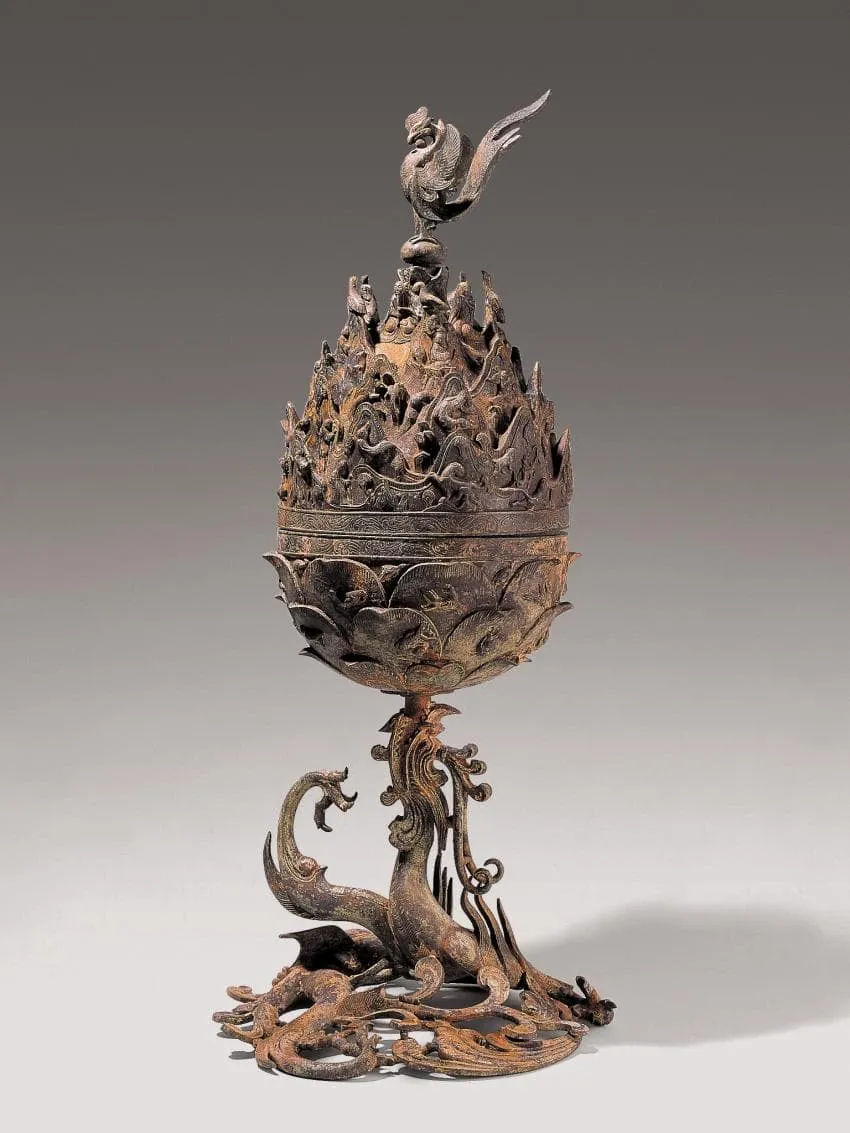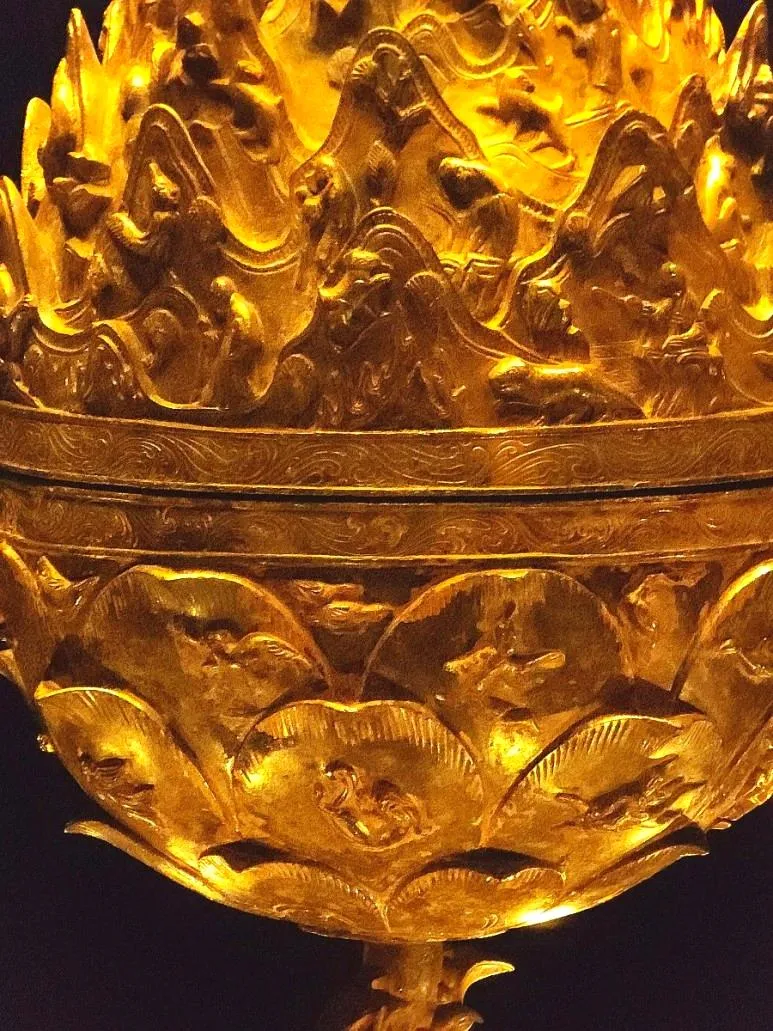china

Ranked first among Chinese people’s favorite relics surveyed by Chinese media
It is said to be a drinking cup made during the Tang Dynasty, and the Chinese people are proud of the crazy colors and arrangement of the jade.
The mouth?nose?is gold?
The rest are called jade
Whenever a separate survey is conducted, relics made of jade dominate the top rankings.
japan

A work that occupies Japan’s No. 1 national treasure in the sculpture category (Japan designates national treasures by type)
When German philosopher Karl Jaspers saw this statue, he praised it as the greatest masterpiece of mankind that had not existed even in Roman times.
It is presumed that it was made in Silla and brought to Japan.
(However, in Japan’s records, it was written that it was brought from Silla, but while the centipedes were insisting that this was not the case, they believed that there was no Korean influence in the records, but a high school girl accidentally broke her finger, and during the restoration, the results showed that the materials were from Gyeongsangbuk-do haha.
We were the first to receive the death penalty, so our suspicions were clear, but even the physical evidence was confirmed and we were killed.
Even the materials are revealed to be from Gyeongsang Province, so it is different from the gilt-bronze incense burner)
korea


Baekje Geumdongdae Incense Burner
Incense burner made during the Baekje period
There is also a claim that it was hidden underground to prevent it from being stolen when Baekje fell.
Since we also discovered a piece of cloth covering the main incense burner, it seems likely that someone intentionally hid it rather than losing it over time.
At the time of discovery, Chinese scholars presumed it to be a Chinese relic due to the quality of the work and its Taoist expressions.
Korean scholars also assumed that it was imported from China considering that the level was so high and Baekje was a Buddhist country.
However, after a later investigation, the place where the relic was discovered was a temple built by King Wideok of Baekje to commemorate King Seong, so it was confirmed to be a Baekje relic.